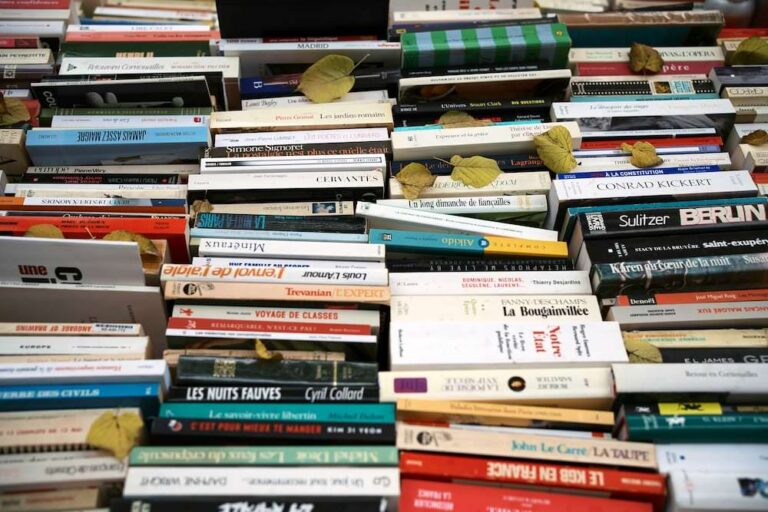mouche expressions
The word “la mouche” means “the fly” in French. Here is a summary of French idiomatic expressions that use “mouche.” Faire mouche Literal meaning: To hit the flyFigurative meaning: To hit the target exactly; to be spot onOrigin: From archery or shooting. La mouche was the black center of the target.Example: Son commentaire a fait…









